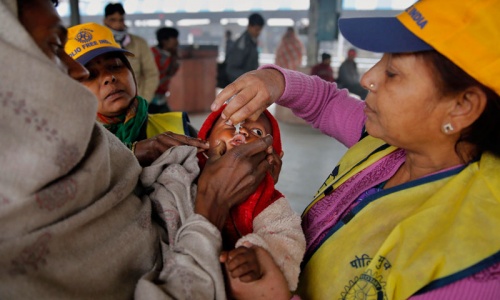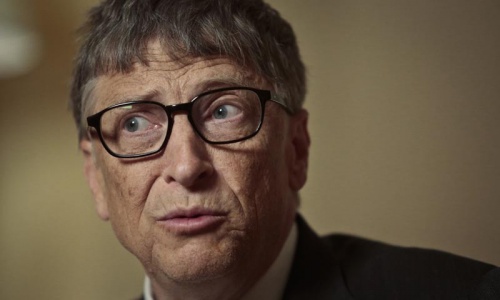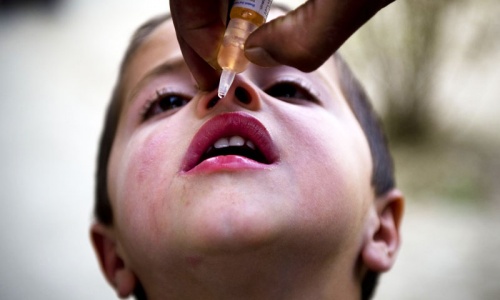NEW DELHI: The World Health Organisation officially certified India and 10 other Asian countries free of polio on Thursday, a milestone lauded as a “momentous victory” over an ancient scourge.
The Southeast Asian region, which includes India but excludes Afghanistan and Pakistan, was certified by a panel of experts after the countries went three years without reporting a single new case.
The WHO said the certification meant 80 per cent of the world's population lived in polio-free regions and was an important step towards global eradication of the crippling disease.
“This is a momentous victory for the millions of health workers who have worked with governments, nongovernmental organisations, civil society and international partners to eradicate polio from the region,” said WHO Southeast Asia regional director Poonam Khetrapal Singh.
There are only three countries where polio is still endemic – Pakistan, Afghanistan and Nigeria.
However, isolated outbreaks in the Horn of Africa and war-racked Syria emerged as new causes for concern in 2013, and polio vaccination workers in Pakistan are still being killed by the Taliban.
“Until polio is globally eradicated, all countries are at risk and the region's polio-free status remains fragile,” Singh cautioned.
The certification is particularly significant in India, home to 1.2 billion people, and which until 2009 still accounted for half of all cases globally.
The certification confirms one of India's biggest public health success stories, accomplishing something once thought impossible, thanks to a massive and sustained vaccination programme.
India celebrated the milestone on January 13 – which marked three years since the last reported new case in the country, that of a teenage girl in a slum in the eastern city of Kolkata.
India reported 150,000 cases of paralytic polio in 1985, and 741 new infections that led to paralysis in 2009. In following year, the number of new victims fell to double figures before the last case in January 2011.
India's poor sanitation, mass internal migration and dilapidated public health system made many experts believe it would be the last country to eradicate the disease, if at all.
The countries certified Thursday were India, Bangladesh, Bhutan, South Korea, Indonesia, Maldives, Myanmar, Nepal, Sri Lanka, Thailand and East Timor.
Polio is a virus spread through faecal matter that affects the central nervous system and can leave victims with withered limbs, paralysed or dead.
There is no cure but it can be prevented through mass vaccination programmes which target children aged under five.














































